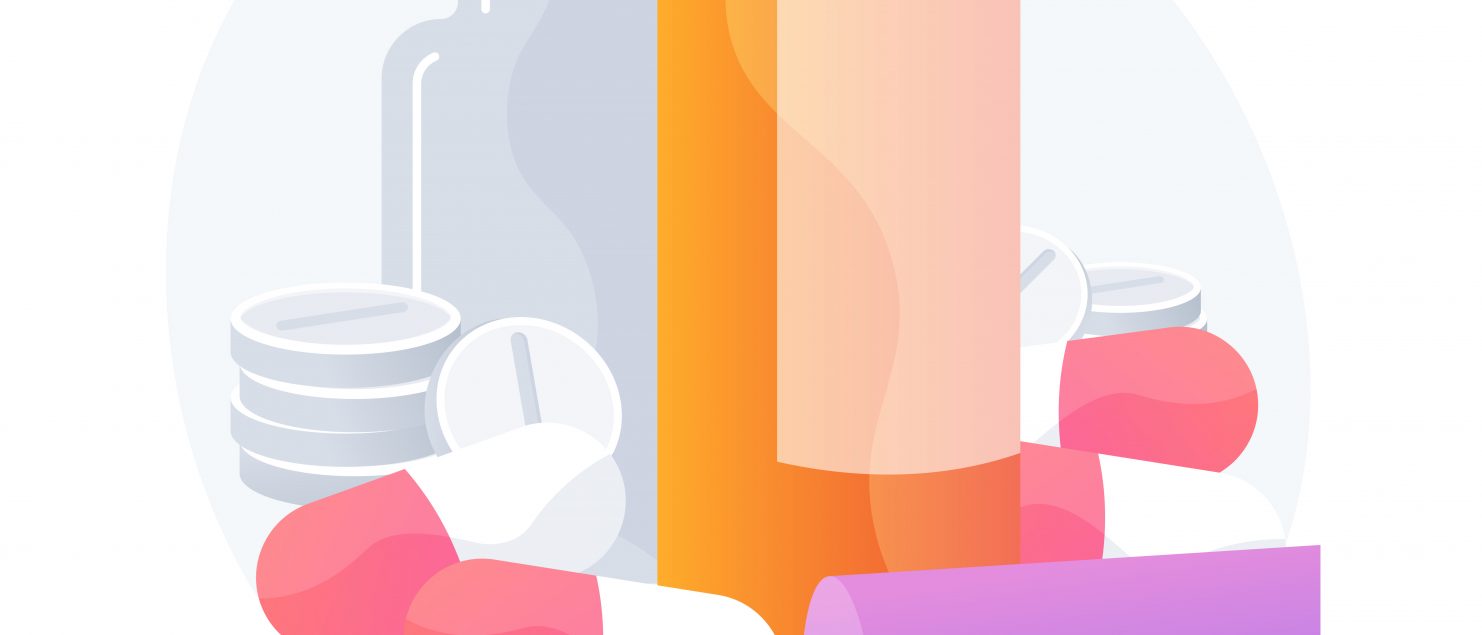What is Drug Repurposing?
Drug repurposing (also called drug repositioning) is the process of investigating new therapeutic purposes for already existing drugs. The drugs of interest may either be commercially available or still in clinical trials – what they have in common is that their mechanism of action is understood, and their efficacy and (potential) side effects in humans are already known.
Thus, compared to “conventional” drug development programs using novel drugs, drug repurposing is much faster and cheaper since pre-clinical and clinical data are already available. The most famous example of drug repurposing is Sildenafil (Viagra®), which was initially developed for hypertension and angina pectoris and is now used to treat erectile dysfunction. Most recently, many conventional drugs have been repurposed to treat severe COVID-19 symptoms (e.g. Remdesivir).
Why is it essential for (ultra) rare disease drug development? Due to the very small patient populations, there is only limited interest within the pharmaceutical industry to start drug development programs because of a lacking return on investment. To fill this gap, many non-profit and academic institutions have stepped into the field of drug repurposing to bring treatments or even a cure to the over 7000 rare diseases worldwide.
And what about Cure MCOPS12?
Drug repurposing is one of the two major paths to treatment for MCOPS12 patients. Our non-profit has started a research collaboration using a drug repurposing approach to alleviate movement disorders and improve cognitive abilities in MCOPS12 patients.
To learn more about drug repurposing watch Beacon for Rare Diseases’ short video!

